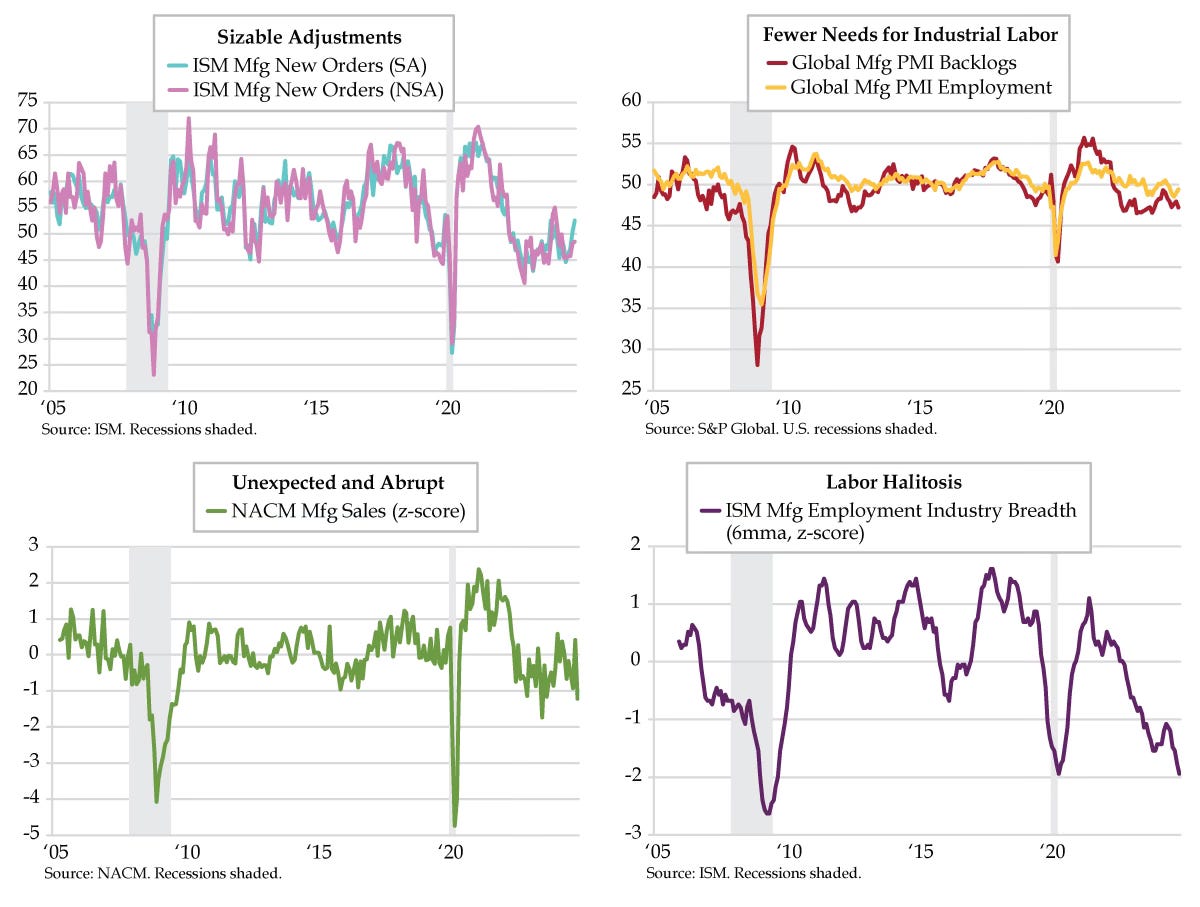The Daily Feather — Before the Hallmark Channel, There Was Douglas Sirk
In the 1950s, Douglas Sirk was Hollywood’s master of melodrama. Featuring over-the-top acting, dramatic musical scores, and soapy plots, Sirk’s films tell stories of ordinary individuals constrained by societal pressures and expectations. While box office successes, critics derided his movies as “women’s pictures,” mere mawkish tearjerkers. Only in the decades since has his work been reappraised for its nuanced portrayal of class, gender, and race issues in post-war America. His most famous film is 1955’s All That Heaven Allows. In it, Jane Wyman (first wife of future president Reagan) plays a wealthy widow who falls in love with her younger, blue-collar gardener, played by Rock Hudson. Rejected by her friends and children over this union, she faces a choice between true love and the acceptance of the stifling suburban society around her. On Letterboxd, a social media platform for movie lovers, one user perfectly describes the experience of watching a Sirk film: as “knowingly diving into a kiddie pool, but as soon as you hit the water, its depths are unexpected and gorgeously profound.”
At QI Research, we take it upon ourselves to move out of the shallows and dive into the data’s depths. Friday saw the release of ISM’s December manufacturing report, wherein headline PMI rose to 49.3 from November’s 48.4. Despite a ninth straight month of contraction, it beat consensus expectation of a two-tenths decline to 48.2.


